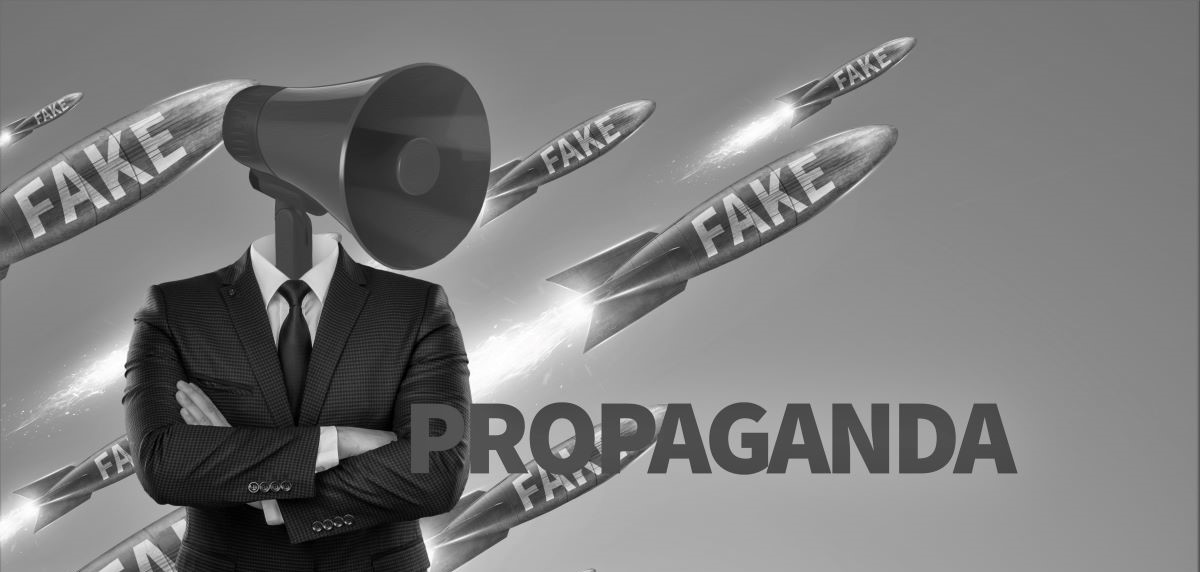
Media players have been urged to uphold professionalism and to avoid fabricating stories as a way of promoting peace in Kenya.
The Media Council of Kenya and UNESCO have teamed up to strengthen capacity of journalists on conflict sensitive reporting and data journalism for peacebuilding in Kenya.
During the virtual workshop, media players were encouraged to report authentic, factual and appropriate messages for peacebuilding and mitigating conflicts in Kenya.
MCK Director for Media Training and Development Mr Victor Bwire urged journalists to seek and report the truth by avoiding misinformation, propaganda and ensuring they do not broadcast inaccuracies.
Mr Bwire noted the importance of including special interest groups such as women, minorities and marginalised groups while reporting. He asked journalists to apply the Do-No-Harm principle, that seeks to understand the impact of aid on existing conflict, with an aim of preventing negative effects.
“We should apply the Do-No-Harm principle, especially to certain members of the population including women, minority and marginalised groups”, said Mr Bwire.
He also implored the journalists to maintain objectivity in their reporting and to avoid biases based on news subjects’ economic capabilities and act independently.
MCK Assistant Director for Training and Curriculum Development Ms Christine Nguku urged the media to boost efforts to accord women a voice, saying they are often marginalised and come as afterthoughts.
She also urged journalists to be conflict-sensitive when conducting interviews, not just doing the stories.
“As the country heads towards the General Election, journalists need to question assertions by politicians especially on the claims on rigging. They should challenge politicians and seek for evidence before disseminating such information to the public”, she said.
Daystar University media and communication scholar Prof Levi Obonyo called on journalists to prioritise public interest when reporting on critical matters such as elections.
"In elections, there are two sides to the story. There are contestants who are competing and the public who is looking for information. The candidates may not be interested in what you are reporting but the public needs it, hence it lends itself to conflict", said Prof Obonyo.